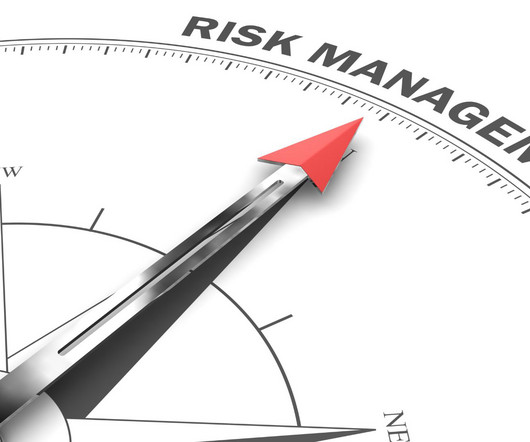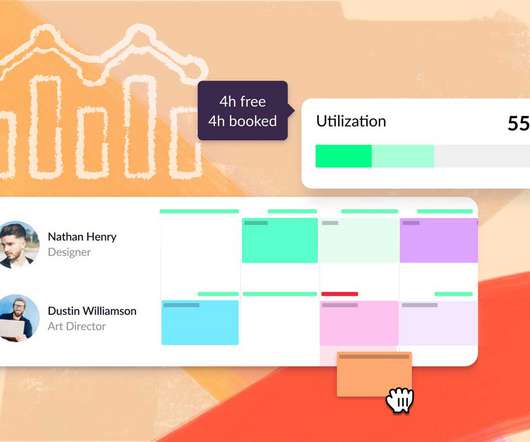Mastering PMI-RMP Domains, Tasks, and Enablers for Effective Risk Management
Project Risk Coach
MARCH 28, 2023
Rather, this plan describes the project team's approach to risk management. How will the team identify, evaluate, develop risk response plans, and monitor risks? It involves identifying potential risks that could impact the success of a project and developing strategies to manage those risks. mitigate, transfer).
















Let's personalize your content